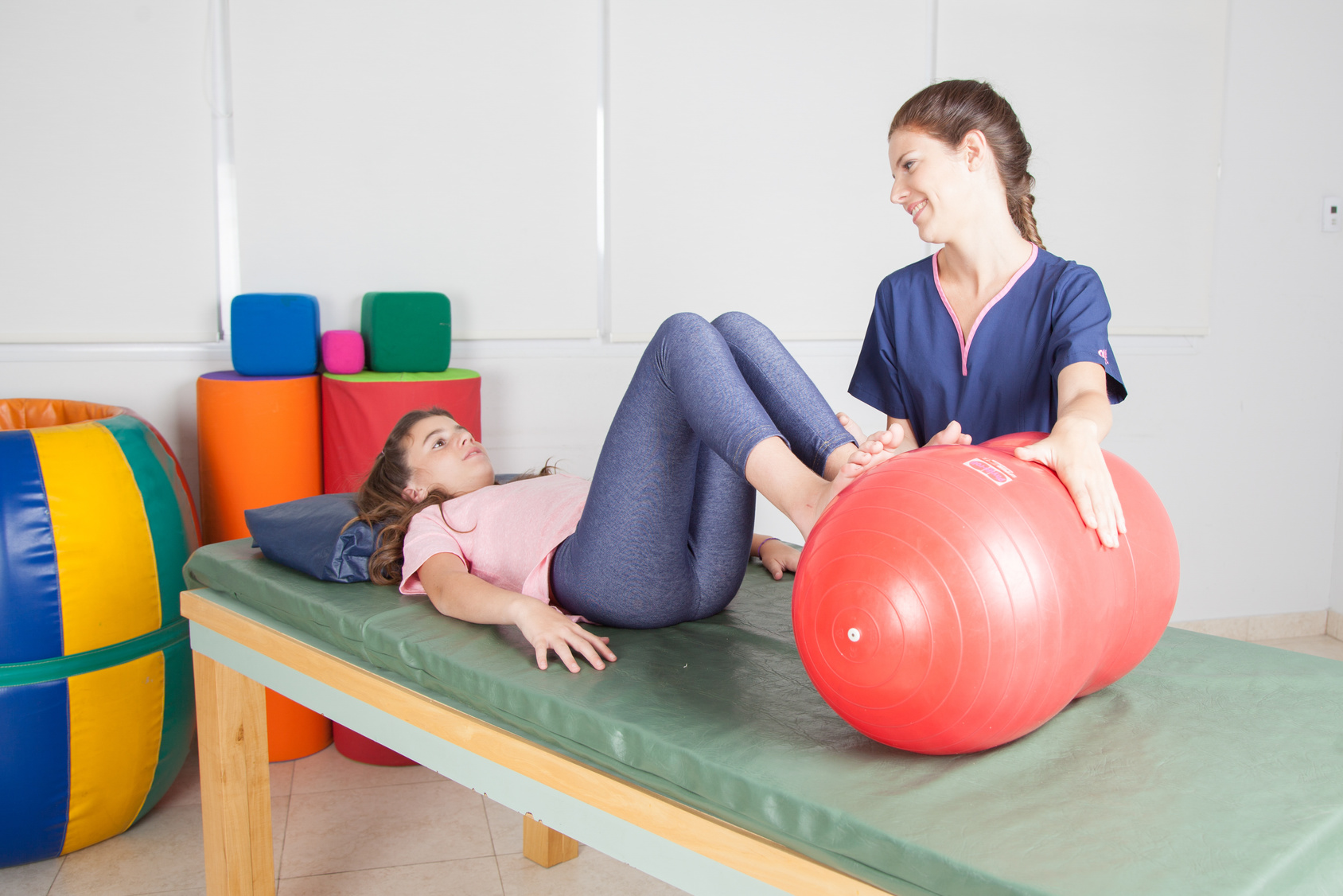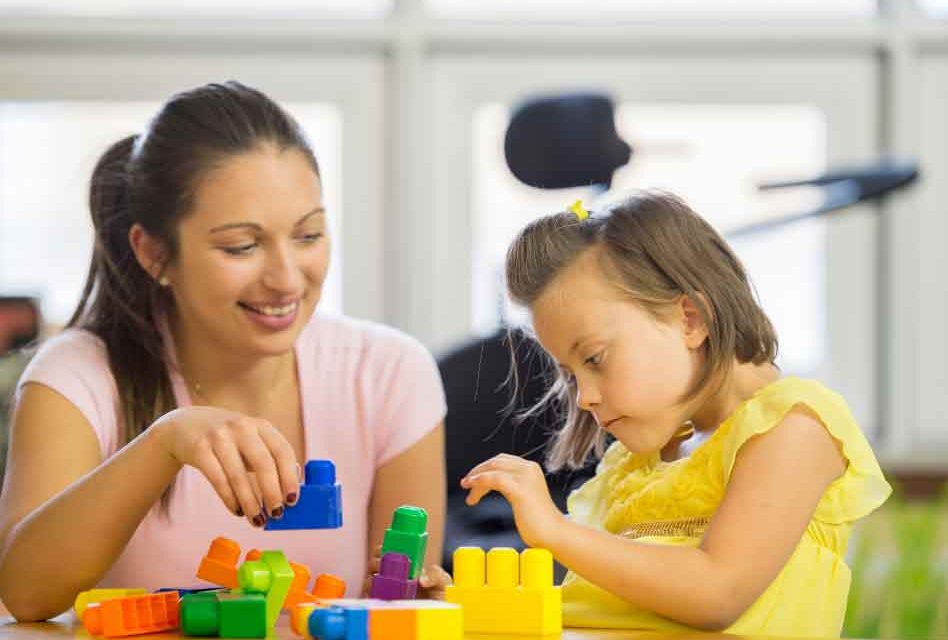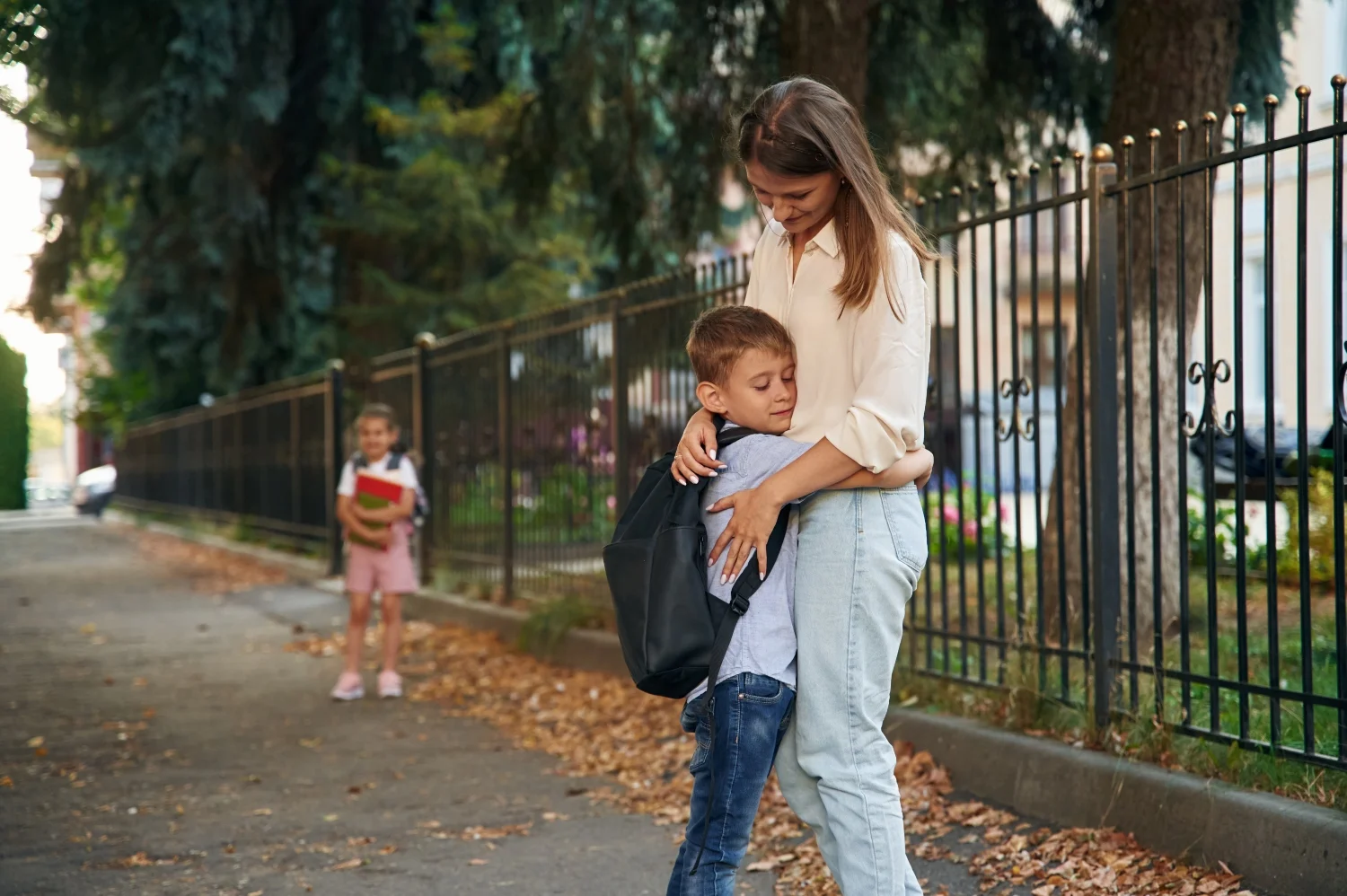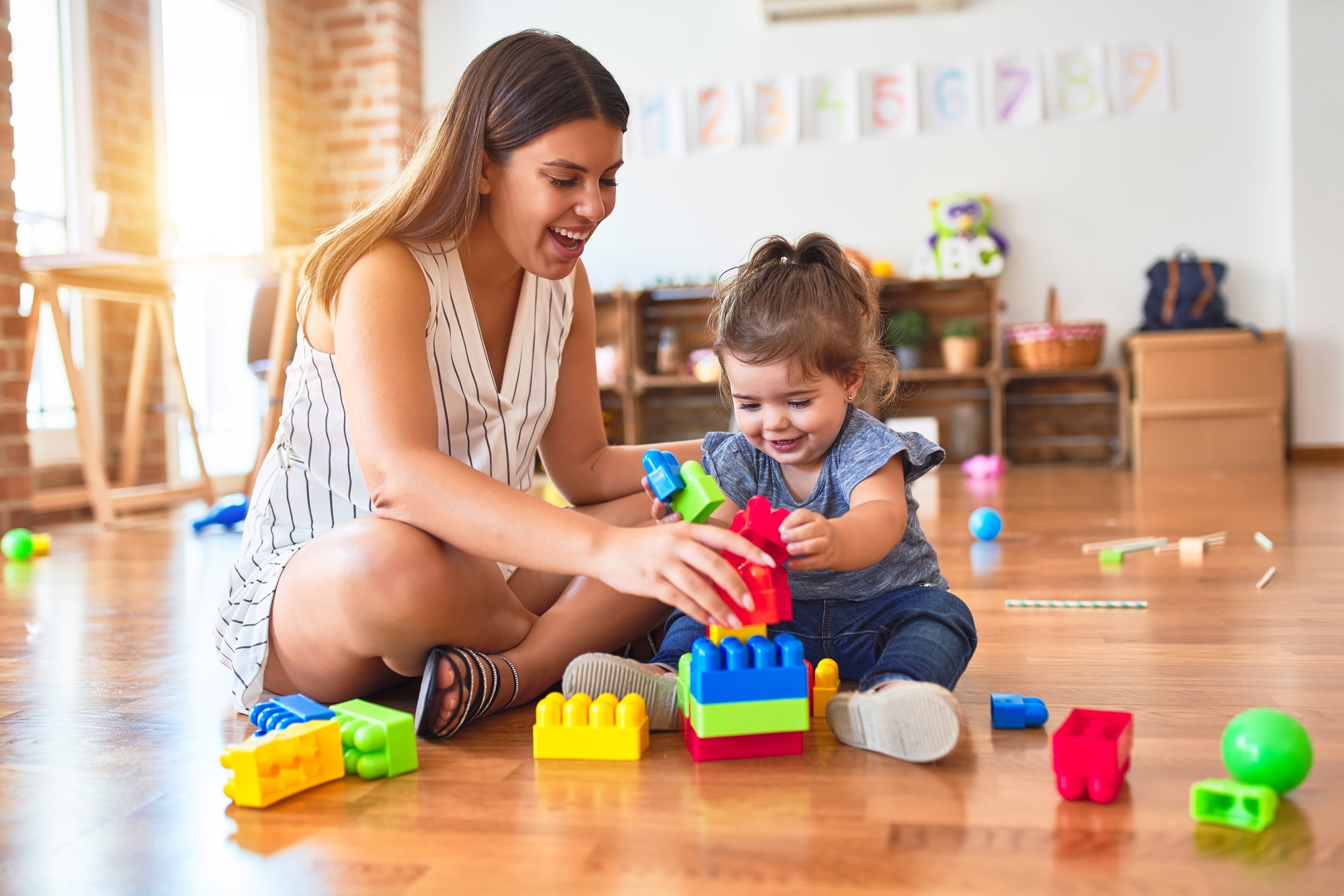Why Is a Custom Exercise Routine Vital for Special Needs Children?
Crafting personalized exercise routines for special needs children is crucial. By tailoring activities to their unique abilities, you guarantee targeted growth and a safe environment. Individualized plans consider strengths and limitations, focusing on enhancing physical abilities while acknowledging challenges. These tailored fitness programs cater to specific needs, using specialized equipment for better engagement and benefits. Improving motor skills, balance, and coordination through customized exercises is essential for their development. With personalized support and tracking progress, you boost self-esteem and address challenges effectively. Such routines promote healthy habits, cognitive benefits, and overall improvement, nurturing their physical and mental well-being.
Key Takeaways
- Tailoring exercises to unique abilities promotes growth.
- Customized routines ensure safety and engagement.
- Adaptive equipment enhances sensory integration and well-being.
- Personalized plans address specific challenges and strengths.
- Individualized support boosts self-esteem and overall development.
Individualized Exercise Plans
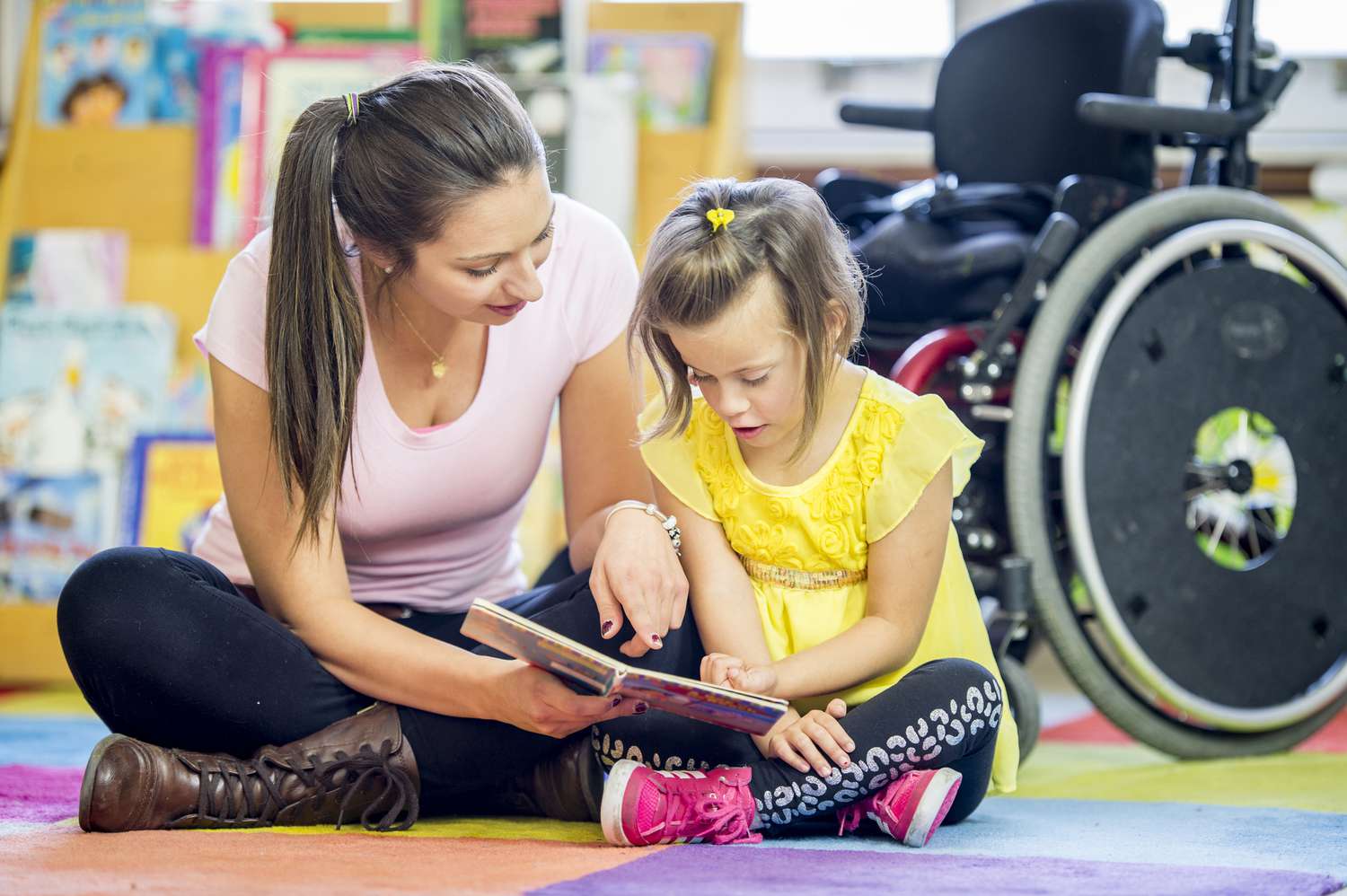
Crafting an individualized exercise plan for special needs children involves tailoring physical activities to suit their unique abilities and requirements. Understanding that each child is different, personalized progress is vital in helping them achieve targeted growth. By customizing the exercise routine to cater to their specific needs, you can create a safe and effective environment for them to thrive.
When developing an individualized plan, it’s essential to take into account the child’s strengths and limitations. This approach allows you to focus on activities that can help enhance their physical abilities while also acknowledging any challenges they may face. By doing so, you can guarantee that the exercises aren’t only beneficial but also enjoyable for the child.
Moreover, tracking progress is critical in an individualized exercise plan. By monitoring their advancements, you can make adjustments as needed to continue promoting targeted growth effectively. Celebrating small victories along the way can also boost the child’s confidence and motivation, making the journey towards improved physical well-being both rewarding and fulfilling.
Physical and Mental Well-being

To ensure the holistic development of special needs children, it’s crucial to prioritize both their physical and mental well-being through tailored exercise routines and supportive strategies. Custom exercise plans offer emotional benefits by boosting self-esteem and reducing anxiety. Regular physical activity also enhances cognitive development, improving focus and concentration. Additionally, engaging in tailored exercises promotes social interactions, fostering communication and cooperation skills with peers and caregivers.
Moreover, these specialized routines aid in sensory integration, helping children regulate their responses to stimuli and improve sensory processing. By addressing both physical and mental aspects, custom exercise routines create a well-rounded approach to supporting the overall well-being of special needs children.
Encouraging participation in activities that cater to individual needs not only promotes physical health but also nurtures mental resilience and emotional stability. It’s through this holistic approach that children can thrive and reach their full potential.
Tailored Fitness Programs
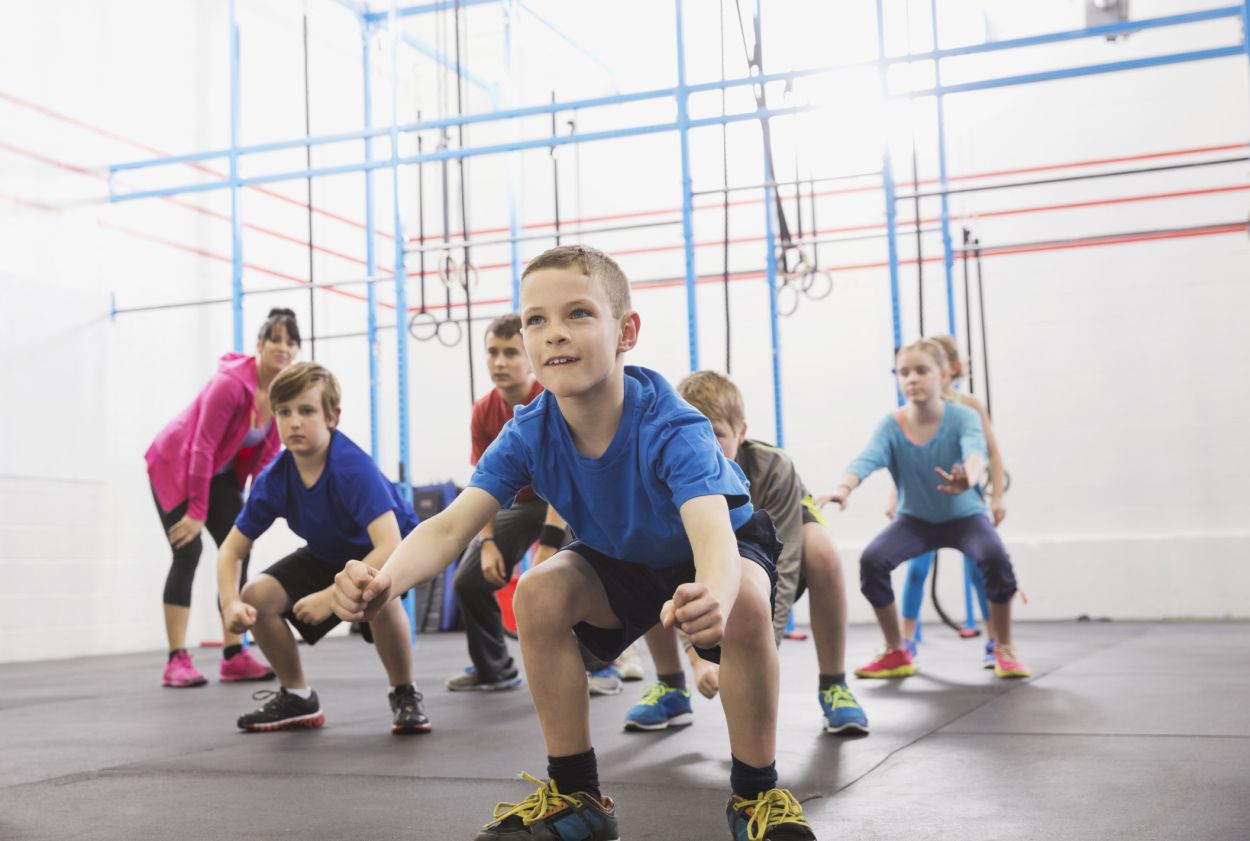
When creating tailored fitness programs for special needs children, individualized fitness plans are crucial to address their specific needs and abilities.
These plans are designed to target exercise goals that are personalized to each child’s unique strengths and challenges.
Individualized Fitness Plans
Designing personalized fitness plans allows for targeted and effective exercise routines that cater to the unique needs of special needs children. Personalized training guarantees that exercises are tailored to each child’s abilities, helping them achieve their fitness goals in a safe and supportive environment. Specialized equipment, such as adaptive bikes or sensory tools, can be incorporated to make workouts both engaging and beneficial.
Customized workouts play an essential role in addressing the specific needs of special needs children. By focusing on sensory integration, these tailored fitness programs can help children regulate their sensory responses and improve their overall well-being. For example, incorporating activities that stimulate different senses can enhance a child’s coordination and body awareness.
Specific Needs Addressed
Custom exercise routines for special needs children are specifically tailored to address their individual needs and abilities, ensuring targeted and effective fitness programs. Personalized progress is a key aspect of these routines, as they’re designed to evolve with the child’s development and achievements. Each child’s unique requirements are taken into account, allowing for adjustments that cater to their specific challenges and strengths.
Customized care is at the core of these fitness programs, ensuring that the exercises aren’t only beneficial but also safe and enjoyable for the child. Trained professionals work closely with the child and their caregivers to create a routine that’s both engaging and supportive.
Targeted Exercise Goals
Tailoring exercise goals in fitness programs for special needs children involves setting specific and achievable targets that align with the individual child’s abilities and requirements. Customized progress tracking is essential in monitoring and adjusting these goals to guarantee continuous improvement. Specialized equipment plays a vital role in facilitating targeted skill development and enhancing the overall exercise experience for special needs children.
By establishing targeted exercise goals, fitness programs can focus on personalized modifications that cater to the unique needs of each child. These goals provide a clear direction for the child’s progress, allowing for a more effective and rewarding workout routine. Whether it’s improving coordination, strength, flexibility, or overall fitness levels, setting targeted exercise goals ensures that each session is purposeful and beneficial.
Additionally, personalized modifications enable instructors to adapt exercises based on the child’s capabilities, making the workout both challenging and achievable. This tailored approach fosters a supportive environment where special needs children can thrive and reach their full potential in a safe and structured manner.
Enhancing Motor Skills
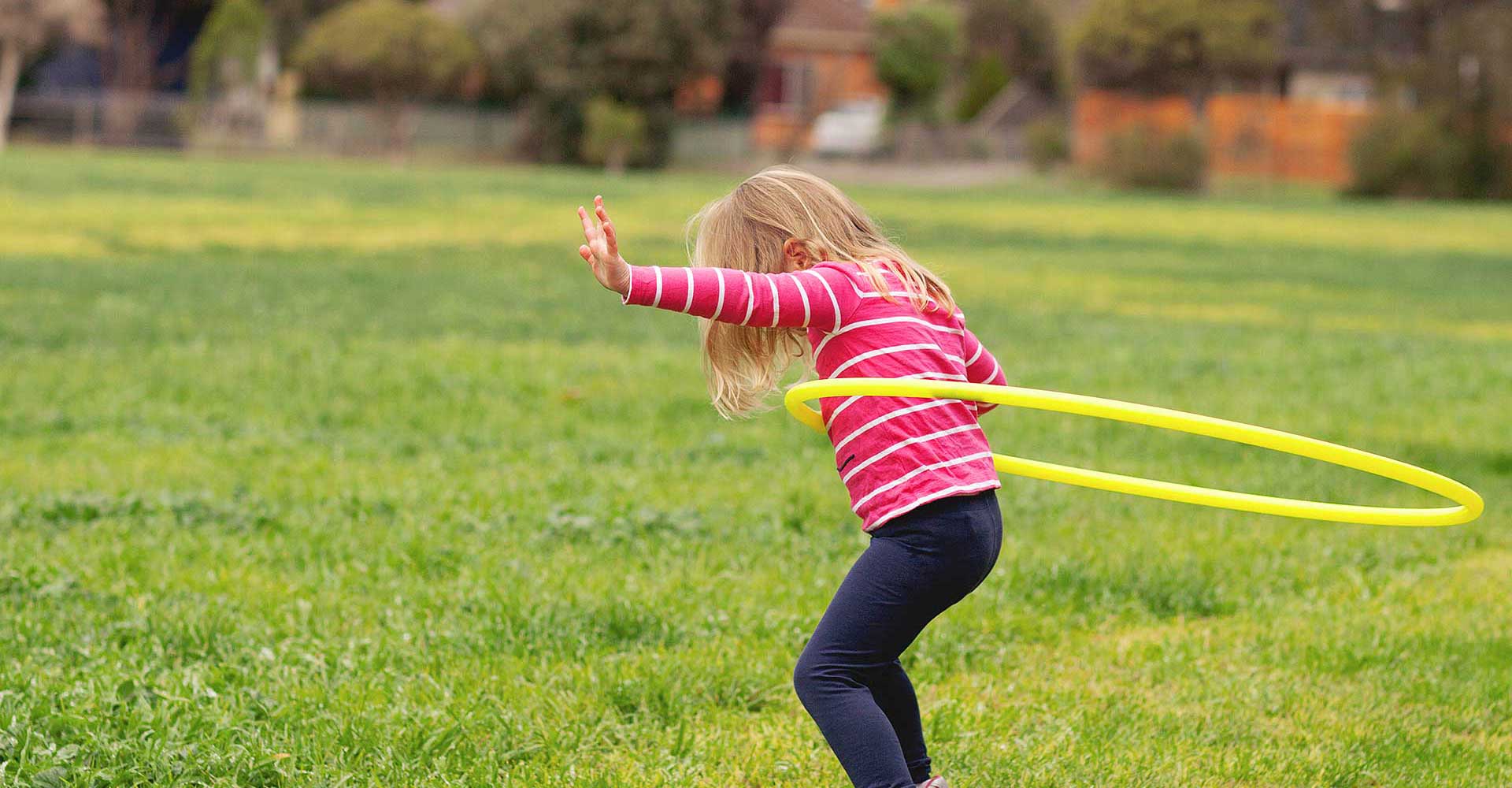
To improve motor skills in special needs children, focus on incorporating activities that target specific movements and coordination abilities. Utilizing adaptive equipment can help tailor exercises to meet individual needs, making it easier for children to practice and develop their motor skills.
For example, using adaptive tricycles can assist in improving balance and coordination while providing a fun and engaging way to enhance motor skills.
Sensory integration is also essential in enhancing motor skills for special needs children. By incorporating activities that stimulate different senses, such as balance beams or sensory bins filled with various textures, you can help children improve their coordination and body awareness.
These activities can aid in developing better motor planning and execution, enabling children to move more confidently and skillfully.
Personalized Fitness Support
For children with special needs, ensuring personalized fitness support is essential in fostering their physical development and overall well-being. Parental involvement plays a vital role in creating a tailored exercise program that meets the unique needs of the child. By working closely with parents, fitness instructors can gain valuable insights into the child’s abilities, preferences, and any specific challenges they may face.
Progress tracking is another key aspect of personalized fitness support. Regularly monitoring the child’s development allows for adjustments to be made to the exercise routine as needed, ensuring continual progress towards fitness goals. This tracking also provides motivation for both the child and their parents as they witness improvements over time.
Incorporating adaptive equipment into the fitness routine can help children with special needs engage more effectively in physical activities. These specialized tools cater to individual requirements, making exercises more accessible and enjoyable for the child.
Additionally, incorporating sensory integration techniques can further enhance the fitness experience by addressing sensory processing issues and promoting better focus and coordination during workouts.
Boosting Self-esteem
Boosting a special needs child’s self-esteem is an essential aspect of their overall well-being and development. When engaging in a custom exercise routine tailored to their specific needs, these children can experience significant improvements in self-esteem.
Regular physical activity not only contributes to their physical health but also plays a vital role in enhancing their emotional well-being. Through personalized fitness support, special needs children can build confidence in their abilities, leading to a positive self-perception.
Furthermore, participating in exercises designed for their individual requirements can help these children feel a sense of accomplishment, fostering a positive self-image. This newfound confidence can extend beyond physical activities, positively impacting their social interactions and emotional growth.
As they become more comfortable with their bodies and abilities, special needs children may feel more empowered to engage with peers and navigate different social situations. By boosting their self-esteem through a personalized exercise routine, these children can develop a strong foundation for overall well-being and success.
Addressing Specific Challenges
When customizing an exercise routine for special needs children, it’s important to address specific challenges they may face to make sure their physical activities are both beneficial and enjoyable. Sensory integration plays a vital role in the design of these routines.
Many children with special needs experience sensory processing issues, which can affect their ability to participate in traditional exercise programs. By understanding these challenges, tailored exercises can be created to provide sensory input in a way that’s comfortable and engaging for the child.
Additionally, the use of adaptive equipment is essential for overcoming physical limitations. Special needs children may require equipment modifications to guarantee their safety and comfort during workouts. Adaptive equipment such as supportive seating, specialized grips, or sensory-friendly materials can make a significant difference in the child’s exercise experience.
Promoting Healthy Habits
Encouraging consistent participation in physical activities is fundamental to instilling healthy habits in special needs children. Special needs children benefit greatly from engaging in regular exercise as it promotes their overall well-being and contributes to a healthy lifestyle. By participating in physical activities tailored to their needs, these children can improve their strength, coordination, and endurance.
Incorporating exercise into their routine not only enhances their physical health but also boosts their mental and emotional well-being. It provides a positive outlet for stress, improves mood, and fosters a sense of accomplishment. Encouraging healthy habits early on can set the foundation for a lifetime of wellness for special needs children.
Creating a supportive environment that emphasizes the importance of staying active and making healthy choices is key to promoting a healthy lifestyle for special needs children. By making physical activities enjoyable and engaging, you can help them develop a positive attitude towards exercise and cultivate habits that will benefit them in the long run.
Improving Overall Development

To enhance the overall development of special needs children, incorporating tailored exercise routines is essential for promoting growth in various areas of their well-being. These routines offer cognitive benefits by stimulating the brain through physical activity, improving focus, memory, and problem-solving skills.
Moreover, engaging in custom exercises fosters social connections as children interact with peers and instructors, enhancing communication and teamwork skills.
Emotionally, custom exercise routines provide a safe space for special needs children to express themselves, build confidence, and manage stress and anxiety effectively. The supportive environment of these routines contributes to emotional growth by boosting self-esteem and creating a sense of accomplishment.
Physically, tailored exercises help special needs children make progress in their motor skills, strength, and coordination, leading to improved overall physical health.
This holistic approach to exercise not only benefits their physical well-being but also positively impacts their cognitive abilities, emotional resilience, and social interactions, nurturing a well-rounded development in special needs children.
Frequently Asked Questions
How Can Parents Actively Participate in Their Child’s Exercise Routine?
To actively participate in your child’s exercise routine, start by discussing their needs and abilities. Offer support and encouragement during activities. Communicate openly with instructors and therapists. Your involvement is vital for their progress and well-being.
Are There Specialized Equipment or Tools Needed for These Exercises?
Yes, specialized equipment like adaptive chairs and sensory tools such as therapy balls may be needed for exercises. They help cater to specific needs and enhance the effectiveness of workouts, ensuring a safe and beneficial experience.
What Qualifications Should a Fitness Instructor Have to Work With Special Needs Children?
To work with special needs children, a fitness instructor should have specialized training requirements. Safety precautions are essential to guarantee the well-being of special needs children during exercise. It’s critical for instructors to be knowledgeable and empathetic.
Is It Possible to Incorporate Fun Activities Into the Exercise Routine?
You can infuse fun into the routine with creative modifications like interactive games and outdoor adventures. Engaging challenges tailored to their needs will not only make exercise enjoyable but also beneficial for them.
How Can Progress and Improvements Be Tracked Over Time?
To track progress over time, you can use assessment techniques like regular check-ins, data analysis through charts or apps. Set specific goals for improvement, then evaluate performance periodically. This way, you can see growth and adjust the routine as needed.
Conclusion
In summary, developing a custom exercise routine for special needs children is essential for their overall well-being and development.
By tailoring fitness programs to their specific needs, you can enhance their motor skills, boost their self-esteem, and address any challenges they may face.
This personalized approach not only promotes healthy habits but also supports their physical and mental health.
With a customized exercise plan, you can help these children reach their full potential and thrive.

Chad Adan Kace, a young dad from Vermont, shares his parenting journey with a touch of humor and lots of love. Father to a lively baby, he explores the joys and challenges of fatherhood through his stories.

